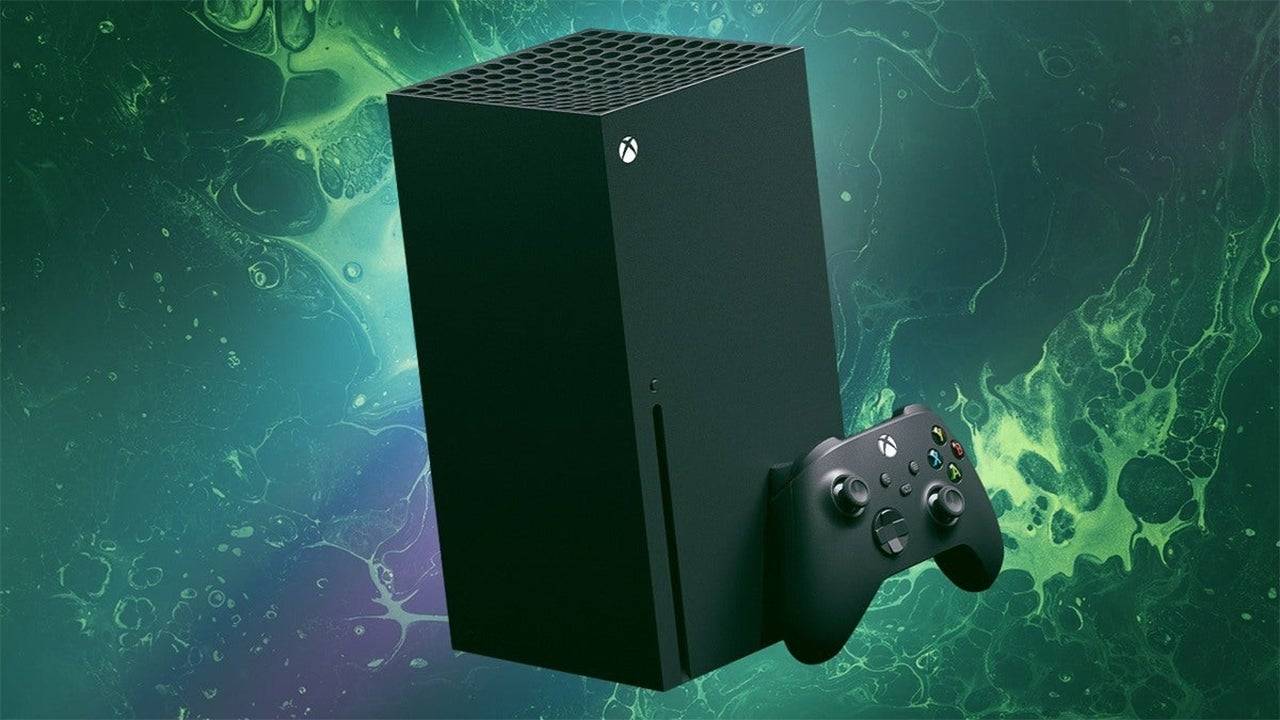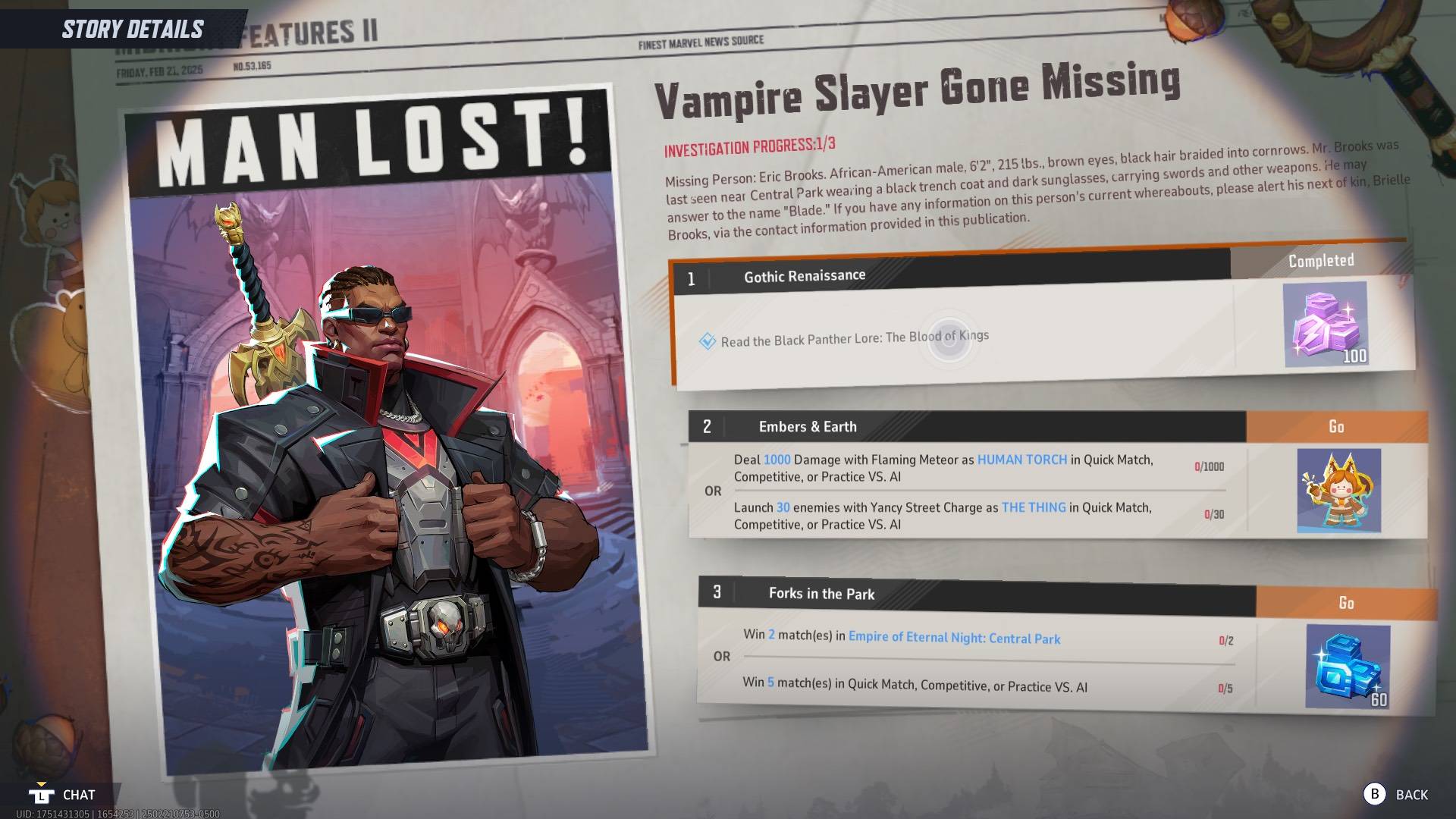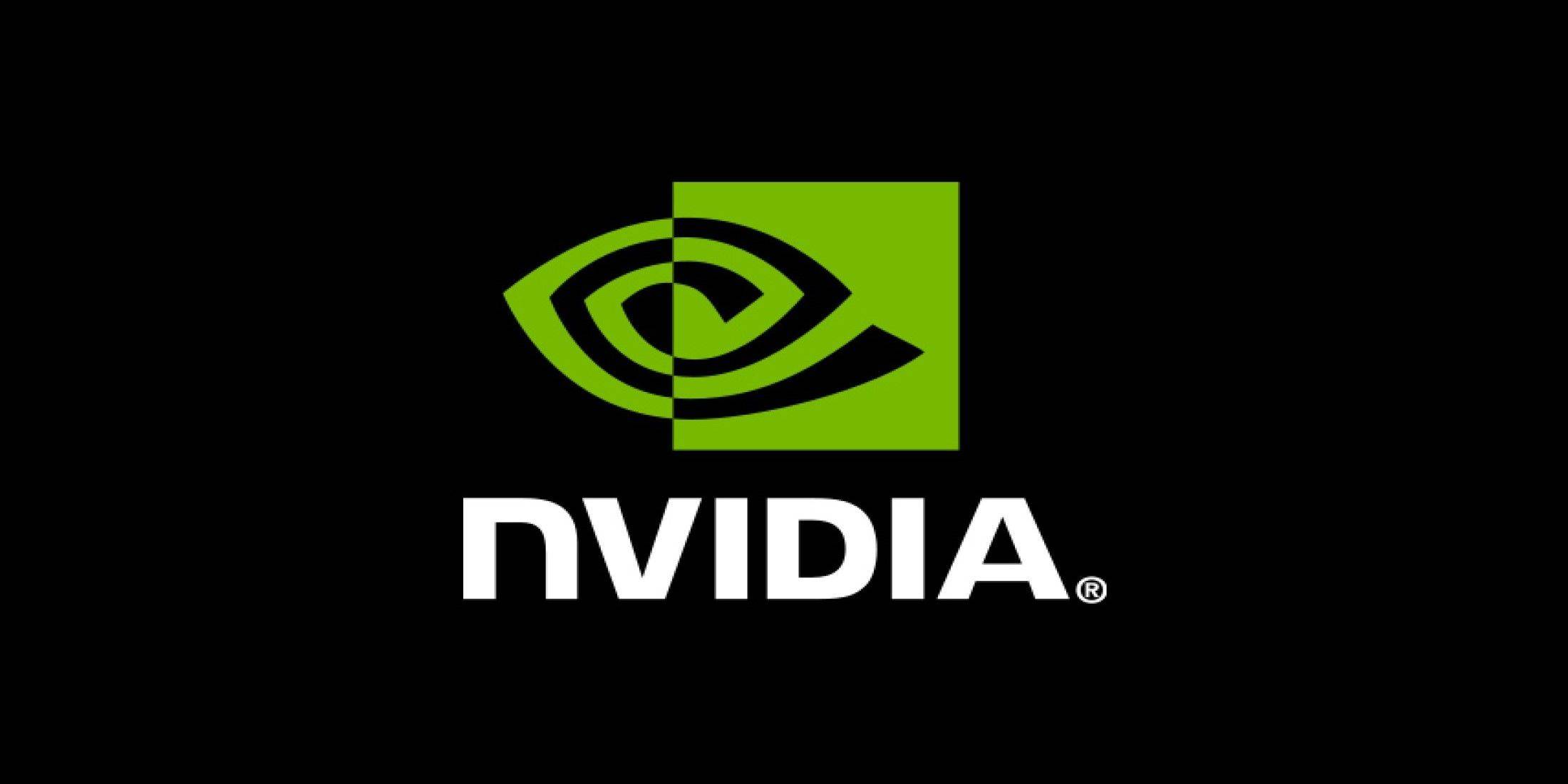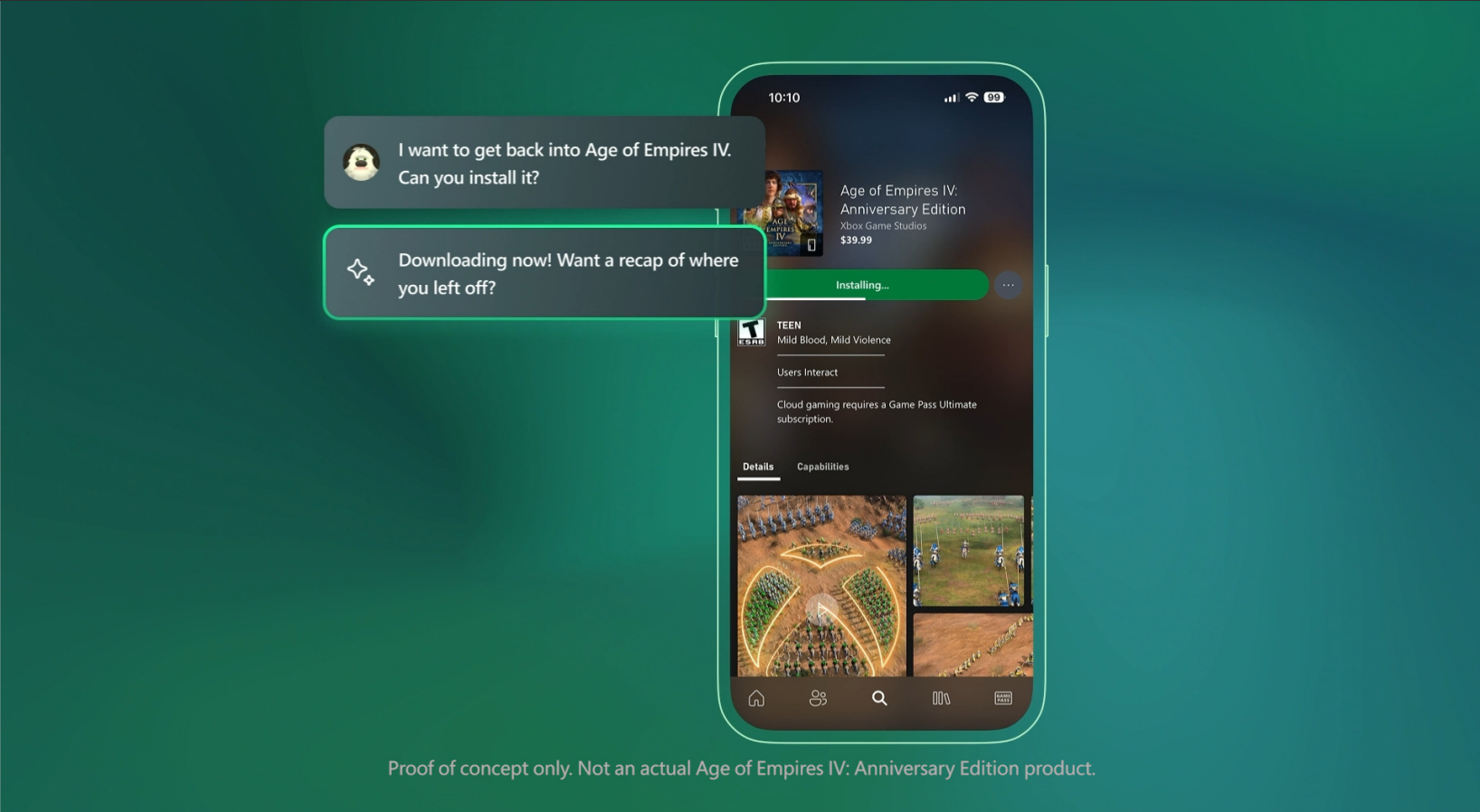Is the Console War Finally Over?
The age-old debate between PlayStation and Xbox has been a cornerstone of modern video gaming, often sparking fervent discussions across platforms like Reddit and TikTok, or among friends. While PC gaming enthusiasts and Nintendo loyalists also play significant roles, the rivalry between Sony and Microsoft has shaped much of the last two decades of gaming. However, the landscape of gaming has evolved dramatically, especially in the last year, with the rise of handheld devices and the tech-savviness of younger generations. This raises the question: has a clear winner emerged in the so-called console war? The answer might surprise you.
The video game industry has transformed into a financial powerhouse, with global revenue soaring from $285 billion in 2019 to $475 billion in 2023, surpassing the combined earnings of the global movie and music industries, which totaled $308 billion and $28.6 billion respectively. Projections indicate that by 2029, the industry could reach nearly $700 billion, a staggering growth from its humble beginnings with games like Pong.
This surge in the gaming industry's fortunes has attracted Hollywood stars such as Mads Mikkelsen, Keanu Reeves, Jon Bernthal, and Willem Dafoe, who have all lent their talents to video games in recent years. This trend highlights the changing perception of video games as a cultural force. Even giants like Disney are investing heavily, with a $1.5 billion stake in Epic Games under Bob Iger's leadership to bolster its gaming presence. Yet, not all boats are rising equally; Microsoft's Xbox division seems to be facing challenges.

The Xbox Series X and S were designed to surpass the Xbox One in every aspect. However, sales data suggests otherwise, with the Xbox One outselling the Series X/S by nearly double. Insights from Mat Piscatella of Circana indicate that the current console generation might have peaked in sales, which is concerning for Xbox. In 2024, the Xbox Series X/S sold fewer than 2.5 million units throughout the year, while the PlayStation 5 sold the same number in just the first quarter. Rumors of Xbox closing its physical game distribution department and potentially withdrawing from console sales in the EMEA region further signal a retreat from traditional console warfare.
Microsoft's response to these challenges has been to pivot away from the console market. The company has acknowledged during the Activision-Blizzard acquisition that it never saw itself as a contender in the console war. Instead, Microsoft is focusing on Xbox Game Pass, a subscription service that has become a priority. Leaked documents revealed the significant costs Microsoft was willing to pay for AAA titles like Grand Theft Auto 5 and Star Wars Jedi: Survivor on this platform, indicating a shift toward cloud gaming. The "This Is An Xbox" campaign further suggests Microsoft's intent to redefine Xbox not just as a console, but as a comprehensive gaming service accessible anytime, anywhere.
Rumors of an Xbox handheld device and Microsoft's plans to enter the mobile gaming market, competing with giants like Apple and Google, underscore this strategic shift. Xbox chief Phil Spencer has acknowledged the dominance of mobile gaming, which is steering the company's future direction. This move is not surprising, given that in 2024, of the estimated 3.3 billion gamers worldwide, over 1.93 billion play on mobile devices. Mobile gaming has not only captured casual audiences but has become a dominant force across all generations, particularly Gen Z and Gen Alpha. The market valuation for mobile games in 2024 stood at $92.5 billion, representing half of the total $184.3 billion video game industry, while console gaming accounted for just $50.3 billion.

The trend toward mobile gaming isn't new. By 2013, the Asian market for mobile games had already outpaced the West, with South Korea and China leading by significant margins. Mobile games like Puzzle & Dragon and Candy Crush Saga out-earned even blockbuster titles like GTA 5 in 2013. Looking back at the 2010s, mobile games such as Crossfire, Monster Strike, Honor of Kings, Puzzle & Dragon, and Clash of Clans were among the highest-grossing games, yet they often fly under the radar compared to their console counterparts.
Beyond mobile, PC gaming has also seen a rise, with player numbers increasing from 1.31 billion in 2014 to 1.86 billion in 2024. The COVID-19 pandemic boosted this trend, with 200 million new players in 2020 alone. However, despite technological advancements and the growing tech-savviness of gamers, the PC gaming market's share in 2024 was $41.5 billion, and the gap between console and PC gaming has widened to $9 billion since 2016, suggesting a decline rather than growth.

On the other side of the console war, PlayStation appears to be thriving. Sony reported sales of 65 million PS5 units, significantly outpacing the combined 29.7 million units sold by the Xbox Series X/S. For every Xbox Series X/S sold, five PS5s find homes. Sony's Game and Network Services also saw a 12.3% profit increase, driven by strong sales of first-party titles like Astro Bot and Ghost of Tsushima Director's Cut. Projections suggest that by 2029, Sony could sell 106.9 million PS5 units, while Microsoft expects to sell between 56-59 million Xbox Series X/S units by 2027. With Xbox titles potentially coming to PlayStation and other platforms, Sony seems to be the current king of the console market.
However, the PS5's success is not without its challenges. Despite the console being in the second half of its lifecycle, 50% of PlayStation users still play on PS4s. The PS5's library of exclusive titles is limited, with only one true PS5-exclusive game, Marvel’s Spider-Man 2, among the top 20 best-selling games in the U.S. in 2024. The $700 PS5 Pro, released early in the console's lifecycle, received mixed reviews, with many questioning its value given the lack of new, exclusive content.
The future of gaming will likely be defined not by hardware power but by the expansion of cloud gaming services. The console war may be over, but the rise of mobile gaming and the potential for companies like Tencent to acquire major studios suggest that a new era of gaming wars is just beginning. This shift is evident in the fact that mobile gaming giants like Zynga, under Take-Two Interactive, engage 10% of the world's population monthly, potentially funding the development of high-profile titles like Grand Theft Auto 6.
-
1

Every Pokémon Game on the Nintendo Switch in 2025
Feb 25,2025
-
2

Roblox: Trucking Empire Codes (January 2025)
Mar 05,2025
-
3

Poring Rush, the casual battling spin-off from hit MMORPG Ragnarok Online, is out now
Dec 30,2024
-
4

How To Read Black Panther Lore: The Blood of Kings in Marvel Rivals
Mar 01,2025
-
5
![Anime Vanguards Tier List – Best Units For Each Gamemode [UPDATE 3.0]](https://images.gzztb.com/uploads/35/17376012656791b0f12fa1c.jpg)
Anime Vanguards Tier List – Best Units For Each Gamemode [UPDATE 3.0]
Feb 27,2025
-
6

Ragnarok X: Next Gen - Complete Enchantment Guide
May 25,2025
-
7

Nvidia RTX 5090 Specs Leak: Rumor Confirmed?
Mar 14,2025
-
8

Microsoft to Integrate Copilot AI into Xbox App and Games
May 21,2025
-
9

Stardew Valley: A Complete Guide To Enchantments & Weapon Forging
Mar 17,2025
-
10

Hearthstone has kicked off the Year of the Raptor with a myriad of new content
Mar 16,2025
-
Download

The Golden Boy
Casual / 229.00M
Update: Dec 17,2024
-
Download

Niramare Quest
Casual / 626.43M
Update: Feb 21,2023
-
Download

POW
Casual / 38.00M
Update: Dec 19,2024
-
4
Mother's Lesson : Mitsuko
-
5
Gamer Struggles
-
6
Poly Pantheon Chapter One V 1.2
-
7
How To Raise A Happy Neet
-
8
Dictator – Rule the World
-
9
Strobe
-
10
Livetopia: Party














